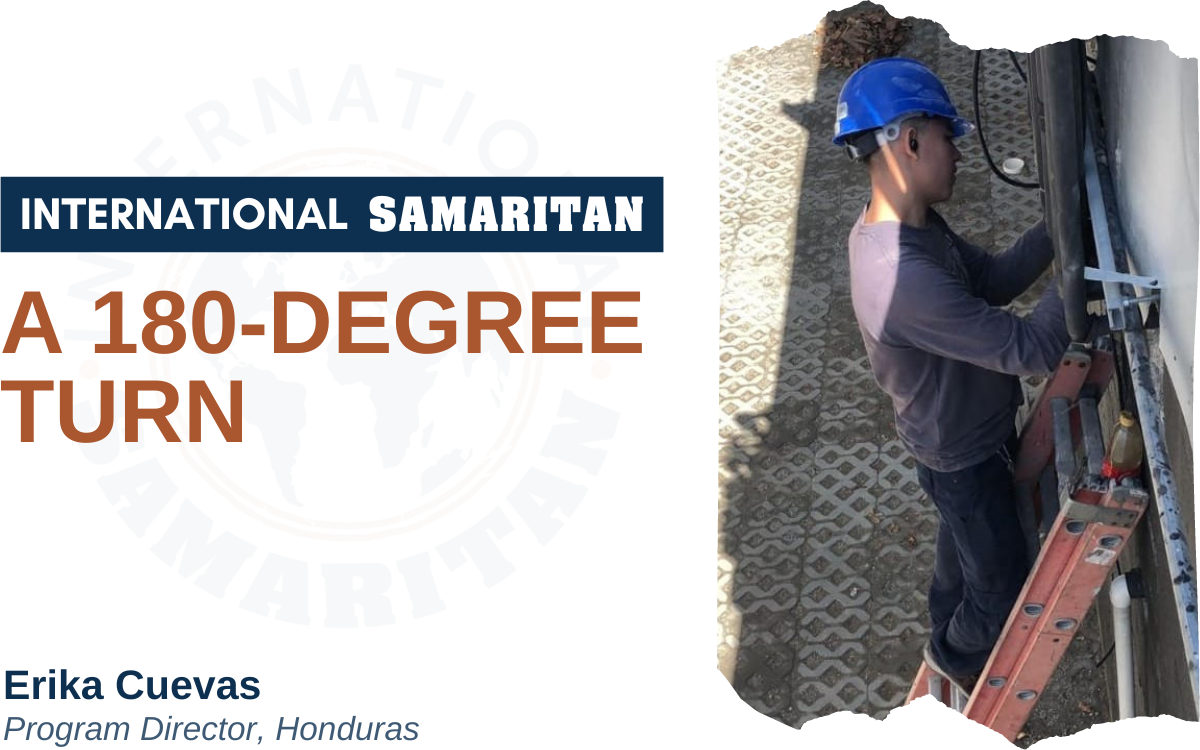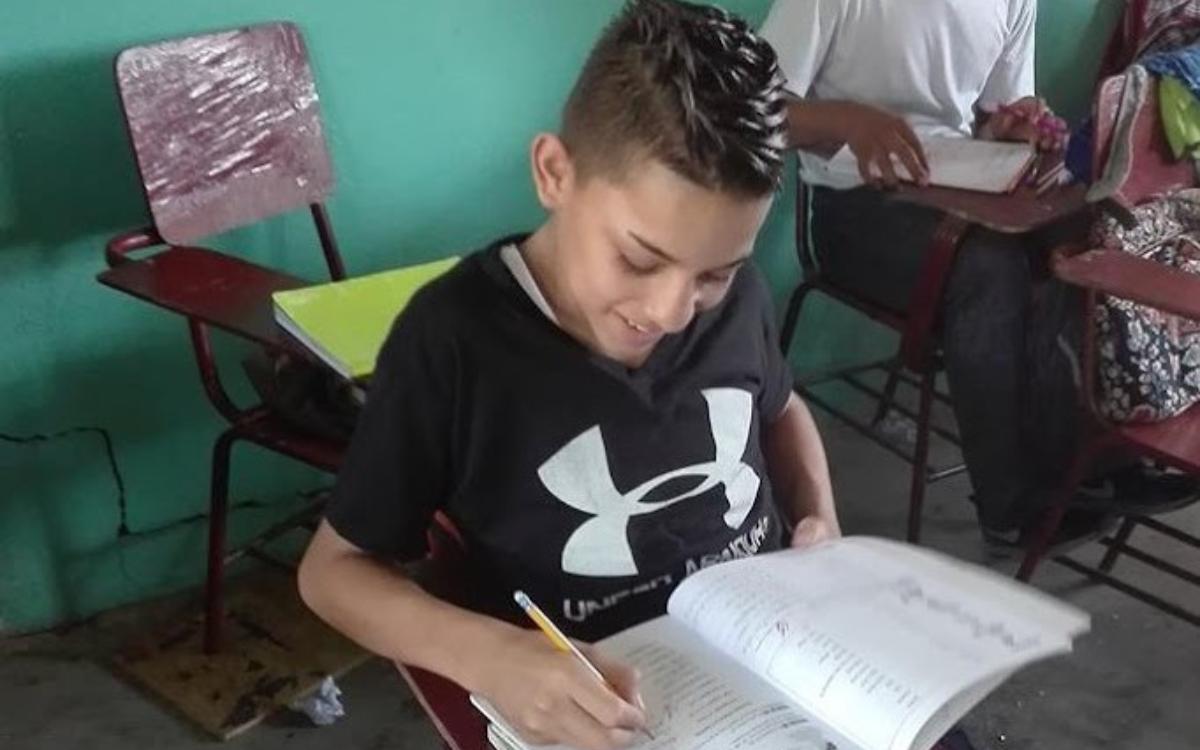ETHIOPIA
about ethiopia
Location: africa
Language: amharic
Ethiopia is in the Horn of Africa, and it is a rugged, landlocked country split by the Great Rift Valley. With archaeological finds dating back more than 3 million years, it’s a place of ancient culture. Ethiopia is one of the few countries in the world that uses a different calendar, called the Eritrean Calendar. It’s also one of two countries that still uses Ge’ez script, which is one of the most ancient written languages in the world. The cities in Ethiopia are rapidly developing and cultural pride is extremely strong among its people.
About Repi, Addis Ababa
Also known as Kore or Koshe, which means “dirty” in Amharic, this dumpsite began in 1964 and holds the trash of 5 million people living in or near the capital of Ethiopia. About 500 people make a living at the site, which the government unsuccessfully tried to close in 2014 but could not when residents in a nearby region fought back against placing a dump on their land. In May of 2017, a landslide at the dump killed more than 113 people, according to this report in The New York Times, including one of our scholarship students and many of our scholar’s family members and friends. A close-knit community lives near the dump, made up of families who have a loved one affected by leprosy or HIV/AIDS.
What we do here

Give Scholarships
We currently support the education of over 100 students in Ethiopia through our Step by Step program.

Fund Startups
We support entrepreneurs by raising funds for their businesses, after a business proposal and approval process.

Advocate
We advocate for the individuals in these communities by bringing their stories back to the U.S.
Who we’ve impacted
Note: We are committed to respecting and uplifting our scholars. Due to some stories containing sensitive information, we redact or change the names of the scholars, their parents, their schools, and other details that could compromise their anonymity.
A 180-Degree Turn


Working as our Program Director in San Pedro Sula, Honduras, I regularly see one of the worst forms of child labor: children working in garbage dumps.
And yet I also get the chance to tell students, in person, that there’s another way. By studying and working hard at school, they can have a path out of the dump. One of the stories that makes me tear up with happiness is José Gilson’s. He’s an example of how dreams can be fulfilled.

José Gilson, in school, after he became one of our Samaritan Scholars.
As a young child, José accompanied his father and siblings to the municipal landfill. They collected plastic bottles to sell so they could earn some money. As time went by, they began to work with a neighbor, bringing her waste from the garbage dump for raising pigs that she had in her house. She paid them a value of Lps 50.00 ($2.00) for each bag of food. They always brought her two bags a day.
For years, the family continued to work at the dump site.
Then when he was in 7th grade, José became one of our Samaritan Scholars. He was able to cut back on work, concentrate on his studies, and complete a technical degree in refrigeration! Now, at age 20, he’s working as a refrigerator technician while also studying electricity at a technical school.

José (middle) with International Samaritan team members who visited him at work.
“It has not been easy for me to get to where I am in terms of my professional training and that is something that motivates me even more,” José said. “Because if I have gotten this far, then I know I can achieve much more.”
I am confident that I will see José’s continued success, and I watch as the other scholars and children in the community look to him as a role model. One way he’s helping others succeed is by spending part of his salary to help cover school expenses for his younger siblings.
“I remember what my life was like when I went to the garbage dump,” José wrote to me recently. “I wonder if I would be alive if I was still there. I thank God for having put people like you in my path. I can say that my life has taken a 180-degree turn.”
This is why I do what I do every day: so that lives can make 180-degree turns.

Erika Cuevas, Program Director
Erika has a degree in Management and Social Development. She has been working with International Samaritan since 2016 and before that she worked with at-risk children and youth for thirteen years. Her work consistently focuses on eradicating child labor in the municipal garbage dumps.
Health Matters
There's a health clinic in Addis Ababa, Ethiopia, that serves 100,000 people each year, including many of the 10,000 or so people who are the poorest of the poor. These people live in the community called Kore, which surrounds the dumpsite. While serving in this...
Breakdown of a Victory in Detroit
Amidst the wars in the world and the divisiveness within our nation, I’m writing to share some good news this week about a city that has made significant progress in the last 15 years on a problem that plagued it for at least a century before. I’m interested to hear...
To Stay or Cross the Border?
Have you tried to pursue “The American Dream?” I know many people from Honduras who have. This past fall, several of our Samaritan Scholars read a book with a group of people who visited us from Grace Community Church, located in Detroit. The book was Enrique’s...
For the Love of Books
Prepare to be inspired by the incredible story of Dawit, one of our Samaritan Scholars here in Ethiopia. Dawit has not only defied the odds to pursue his own education, but he has shown unwavering dedication to improving access to education in impoverished areas,...
Hong Kong Must be Heaven
Living in China in the 1950’s, a boy named Zhiying and his siblings were forced to raise themselves after Mao Zedong sentenced their parents to a forced labor camp. Zhiying recalls being 5 or 6 years old at the time and struggling to figure out how to survive with no...
About Us
International Samaritan is a nonprofit organization with the designation 501(c)(3). Our headquarters is located in Ann Arbor Michigan.
